Visit Us
Get Directions
We transform the lives of adult men and women struggling with emotional, behavioral, and co-occurring addiction issues.
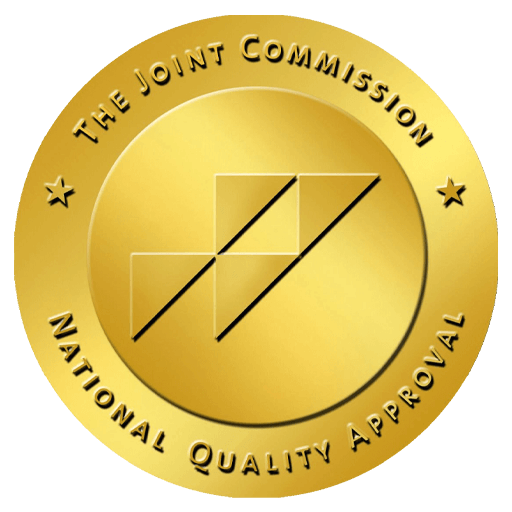





Alcohol addiction, or alcoholism, is a serious medical condition that affects millions of people around the world. It is characterized by an inability to control drinking despite negative consequences and cravings for alcohol when abstaining.
More infoFentanyl addiction is a growing problem in America, with many people suffering from its powerful effects. Fentanyl is an opioid drug that is commonly prescribed to treat severe chronic pain, but it has also become a popular street drug due to its powerful and addictive effects.
More infoMany people around the world are affected by the serious issue of prescription drug addiction. This happens when individuals become so reliant on certain medications that they are unable to function without them. Benchmark Transitions provides a range of treatment options to help.
More infoCo-occurring disorders, or comorbidities, is a term used to describe two or more mental health conditions that are present at the same time in an individual. Comorbidity is common and can often be found in combination with anxiety, depression, substance use disorder, eating disorder and bipolar disorder.
More infoPost-traumatic Stress Disorder (PTSD) is a mental health condition that can occur after experiencing or witnessing a traumatic event. It affects an individual’s emotional wellbeing, as well as their physical mental health. Symptoms of PTSD can include intense anxiety flashbacks, recurrent nightmares, difficulty sleeping and concentrating, ability and difficulty forming relationships.
More infoAnxiety Disorder is an umbrella term describing a variety of psychological disorders, characterized by excessive fear, worry, and dread. Common symptoms of anxiety can include restlessness, fatigue, difficulty concentrating, muscle tension or aches, rapid breathing or heart rate, sweating, and feeling easily overwhelmed.
More info
Individuals seeking addiction treatment or therapy must first undergo a detox program to become free from physical dependence on drugs and alcohol.
At Benchmark Transitions, we provide round-the-clock medical supervision and ongoing support to our clients who opt for residential treatment.
A partial hospitalization program can be an ideal option for anyone struggling with an addiction. Many people may not realize how benfitical a PHP can be for someone
The goal of relapse prevention in addiction treatment is to decrease the likelihood and intensity of relapse through cognitive-behavioral techniques. It involves recognizing possible triggers

My name is Sara Patterson and I am 43 years old. I work in treatment because I’m deeply committed to helping others heal and find stability. With the time I have spent working in this field, I’ve developed a strong mix of empathy, knowledge, and understanding that allows me to connect with those I serve. My passion for supporting people through their struggles comes from a personal understanding of what it’s like to face challenges and grow. I truly believe that everyone has the potential for recovery, and I dedicate myself to creating an environment where those in need feel supported, empowered, and hopeful for a brighter future!!
Operating in Southern California since 1993, we’re one of the longest running transitional living programs specifically treating adults with emotional, behavioral, and alcohol or drug addiction issues.
With nearly 30 years of experience, Benchmark has been helping adult men and women recover their health, regain their family relationships, focus on new friends, and develop independence in a sober, supportive environment.
Benchmark Transitions works with all major insurance companies and is pleased to be an In Network provider with Aetna, Anthem Blue Cross (accepting most BCBS Blue Card plans), First Health, Kaiser Permanente of Southern California, MHN, TriCare West and Quantum Health.


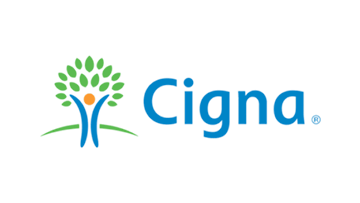


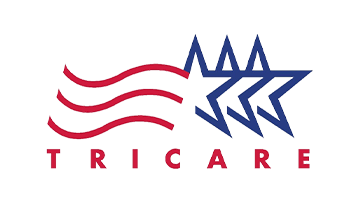
Eddie is a licensed Marriage and Family Therapist (LMFT) and Certified Drug and Alcohol Counselor with over 13 years of sobriety. His academic journey began at East Los Angeles College, where he obtained his certification in Drug and Alcohol Counseling, and continued to Antioch University Los Angeles, where he earned a Master’s degree in Clinical Psychology, specializing in addiction. Certified with both CCAPP and CAADE, Eddie employs a multi-modal approach in his practice, including DBT, CBT, and solution-focused therapy, to address addiction and co-occurring mental health disorders.
Meet Eddie